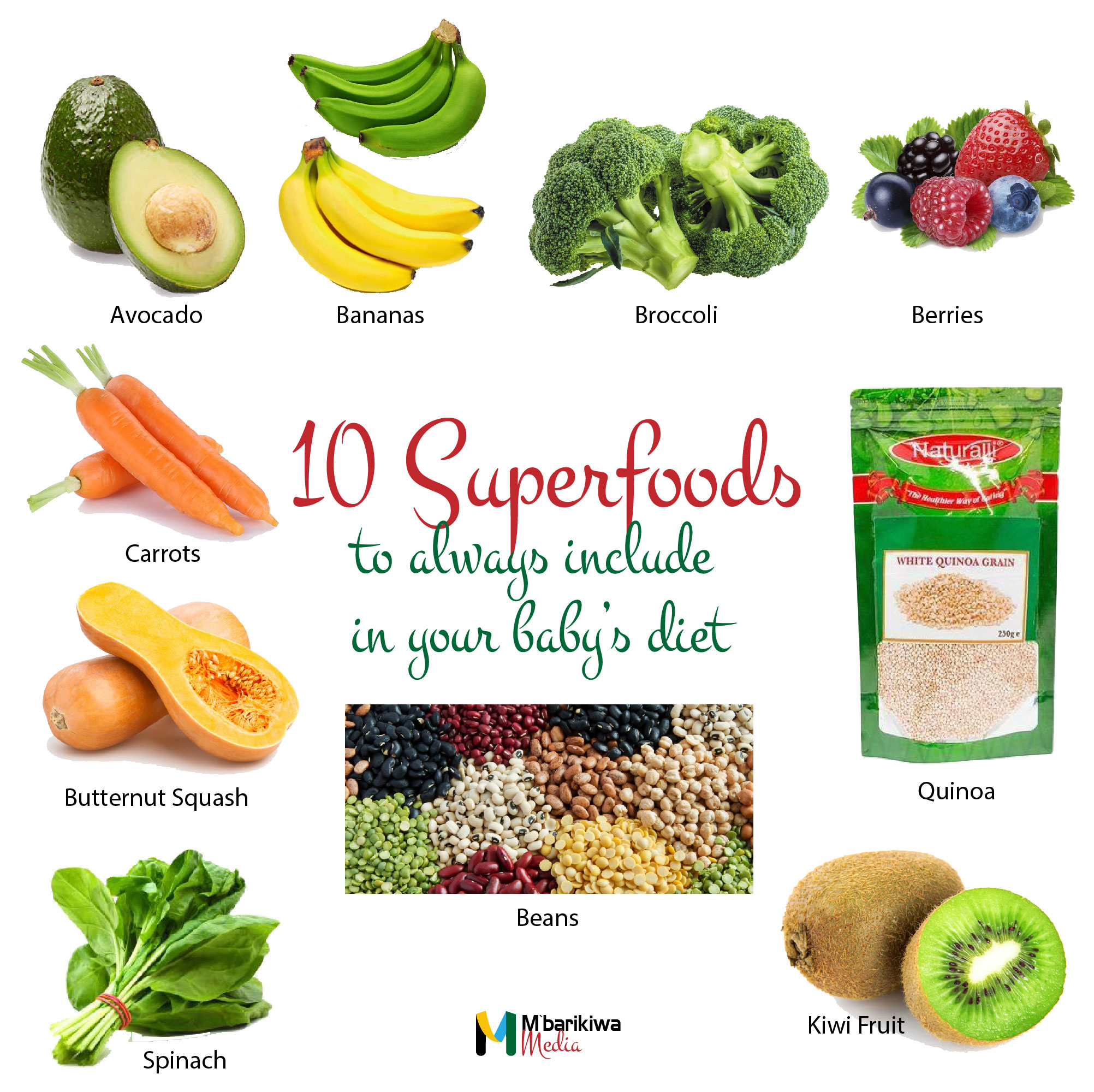What makes these foods so super—especially for kids? Think of superfoods as turbo-powered produce: fruits and vegetables that not only provide your baby with the nutrition he needs to grow, but also with the disease-preventing antioxidants and healthy fats he needs to thrive. Here are 10 superfoods to include in your little one’s daily meals.
Avocados: High in protein and monounsaturated fat, avocados may help reduce the risk of heart disease, diabetes, and cancer. They’re also high in the antioxidant lutein, which plays an important role in skin and eye health.
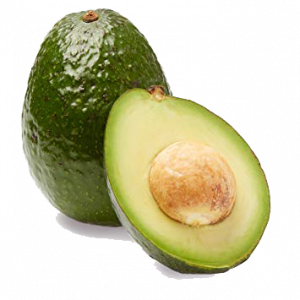
Avocados
Bananas: A great source of potassium, carbohydrates, and fiber, bananas help ease digestion and maintain healthy blood pressure.
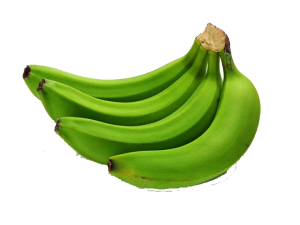
Green Bananas
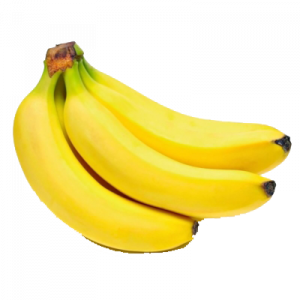
Yellow Bananas
Beans: An excellent way to add protein to your child’s diet, beans also provide fiber and calcium and may help control cholesterol levels.
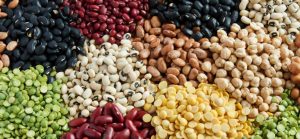
Beans
Berries: Packed with fiber and vitamins A and C, blueberries, raspberries, and strawberries all boast high levels of immune system–boosting antioxidants.
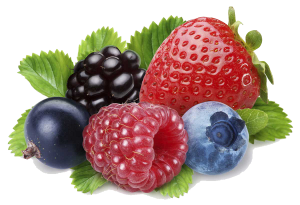
Berries
Butternut squash: Like broccoli, butternut squash is high in beta-carotene, vitamin C, fiber, and folate, plus potassium and certain B vitamins.
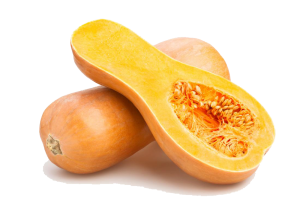
Butternut Squash
Broccoli: A cruciferous vegetable known for its cancer-preventing properties, broccoli also delivers generous amounts of beta-carotene, calcium, fiber, folate, and vitamin C.
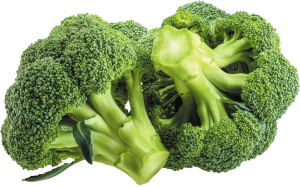
Broccoli
Carrots: Your grandma wasn’t kidding when she said eating your carrots would help your eyes! These root veggies are bursting with beta-carotene, which converts to vitamin A and supports vision.
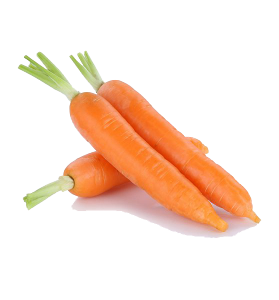
Carrots
Kiwi fruit: In addition to containing vitamin E, thought to protect against the damage caused by free radicals, a single kiwi provides a generous amount of vitamin C, plus plenty of potassium and fiber.
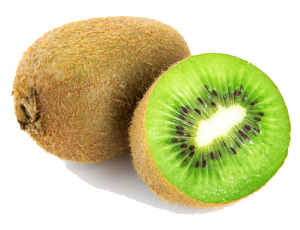
Kiwis
Quinoa: This is one of the most nutritious whole foods available; it’s high in protein, fiber, and iron, as well as zinc, selenium, and vitamin E.
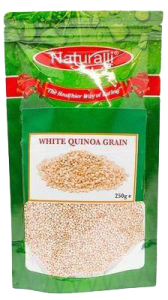
Quinoa
Spinach: In addition to vitamin C, beta-carotene, and lutein, this leafy green contains almost twice the daily requirement of vitamin K, which promotes cardiovascular and bone health.
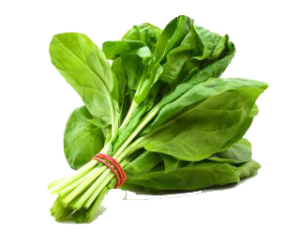
Spinach

